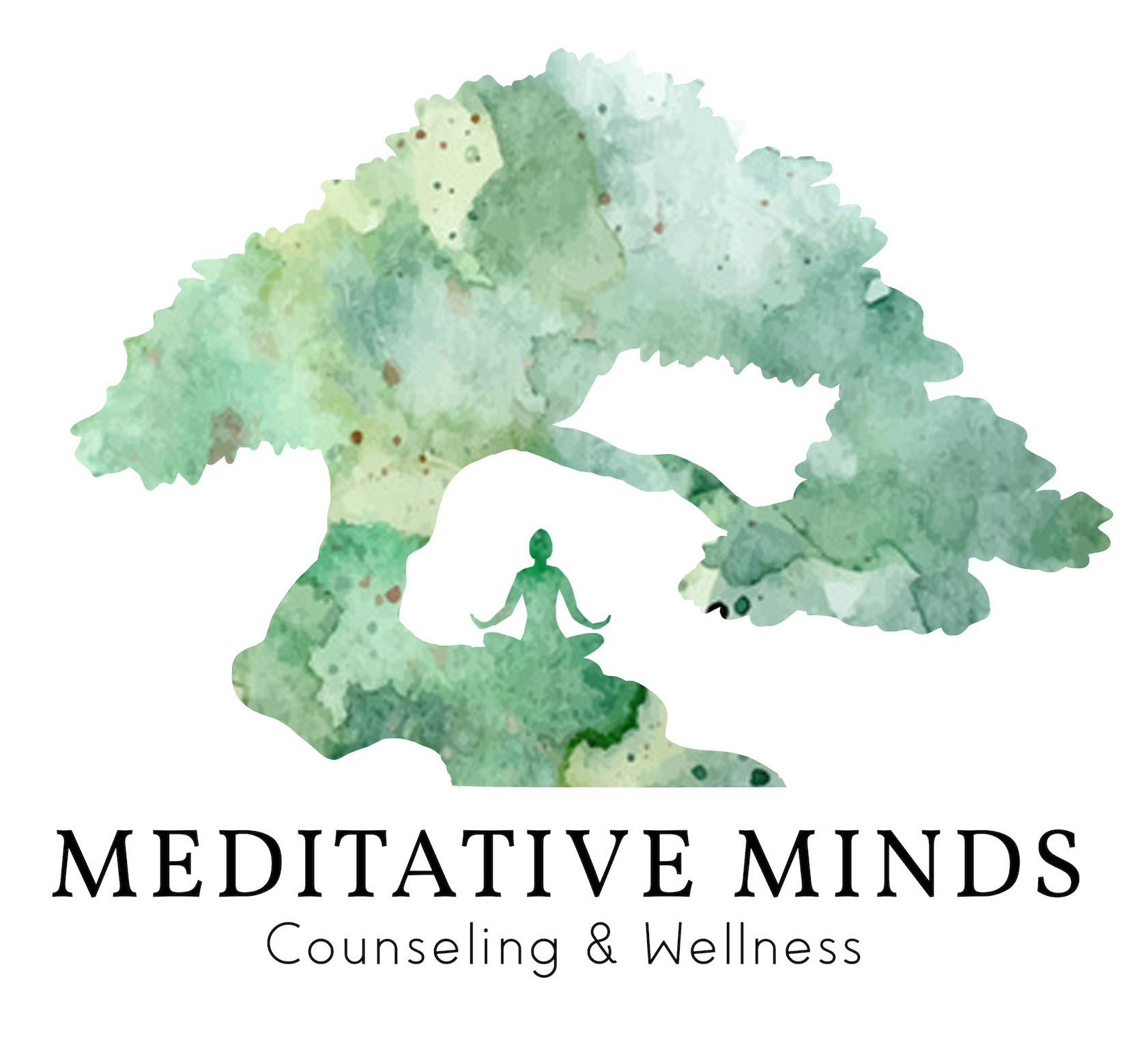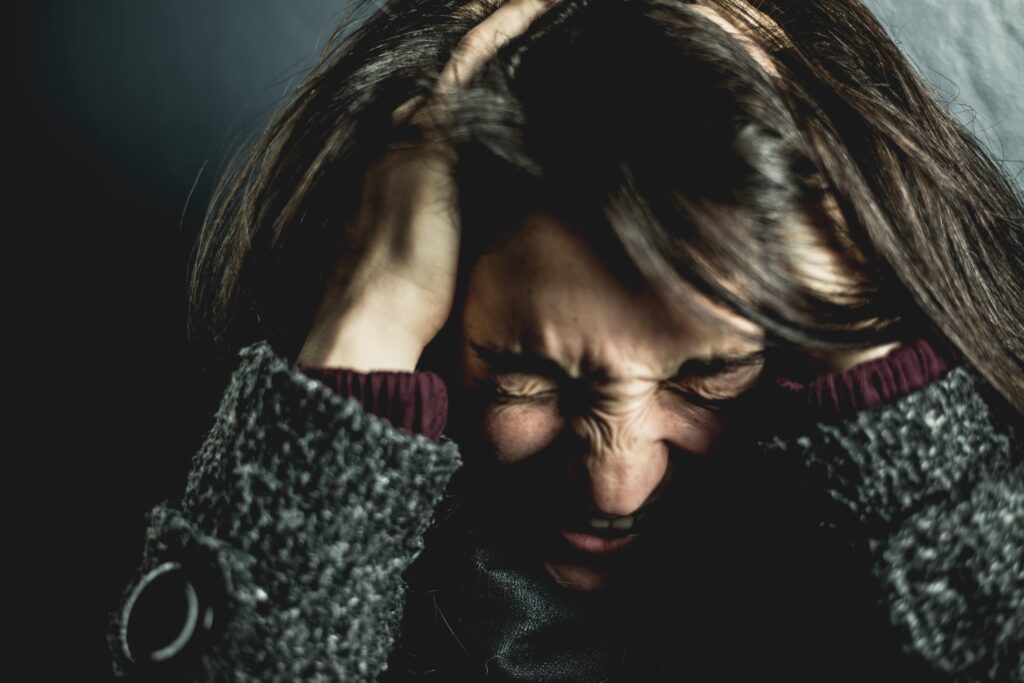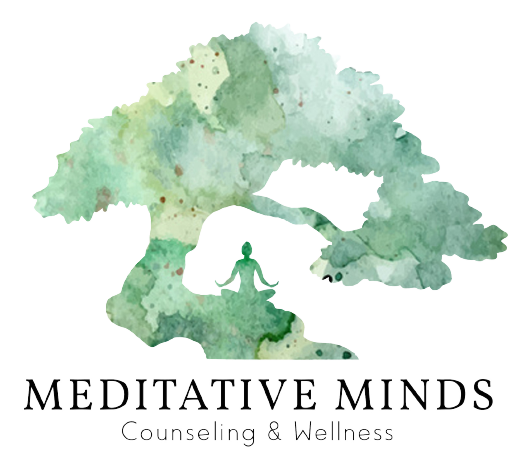Traditional methods for treating anxiety commonly center around medication and psychotherapy. While these approaches have proven effective, there’s a growing shift towards holistic therapy as individuals seek alternative or complementary paths to anxiety relief.
Holistic therapy adopts a comprehensive perspective, attending to the interconnected facets of mind, body, and spirit. Its goal is to reinstate equilibrium and enhance overall well-being.
In this blog post, we will delve into the transformative potential of holistic therapy, examining how it serves as a compelling and effective tool for alleviating anxiety by fostering a more integrated and balanced approach to mental health and wellness.
Understanding Anxiety
Holistic therapy, a comprehensive approach to health and wellness, considers the interconnected aspects of an individual’s life—mind, body, and spirit. Unlike conventional treatments that target specific symptoms, holistic therapy aims to create harmonious balance by addressing physical, emotional, and spiritual well-being.
This integrative approach recognizes the interplay between various elements in the pursuit of optimal health. By fostering a holistic perspective, individuals can embark on a journey toward greater self-awareness and overall well-being.
Through mindfulness, movement, nutrition, herbal remedies, and expressive therapies, holistic therapy provides a diverse toolkit for managing anxiety and promoting resilience. Working with qualified practitioners ensures a tailored approach to suit unique needs and preferences.
Traditional Approaches to Anxiety
Traditional therapeutic approaches for anxiety often involve medication and psychotherapy. Medications such as selective serotonin reuptake inhibitors (SSRIs) and benzodiazepines can be prescribed to alleviate symptoms.
Psychotherapy, particularly CBT, focuses on identifying and challenging negative thought patterns and behaviors associated with anxiety. While these methods have proven efficacy, some individuals seek alternatives that address the holistic aspects of their well-being.
Holistic Therapy: An Integrated Approach
Holistic therapy encompasses a range of practices that consider the whole person—mind, body, and spirit. This approach acknowledges that mental and emotional well-being are interconnected with physical health and spiritual balance. By addressing multiple dimensions of an individual’s life, holistic therapy aims to create a harmonious and balanced state. Here are several holistic approaches that can be beneficial in alleviating anxiety:
-
Mindfulness and Meditation
Mindfulness and meditation practices are rooted in ancient traditions and have gained recognition in contemporary therapeutic settings. These practices involve cultivating awareness of the present moment without judgment. Regular mindfulness meditation has been shown to reduce symptoms of anxiety by promoting relaxation, improving emotional regulation, and fostering a sense of inner peace.
-
Yoga and Tai Chi
Physical activity is known to have positive effects on mental health, and practices like yoga and Tai Chi take it a step further by integrating movement with mindfulness. Both yoga and Tai Chi emphasize breath control, meditation, and gentle, flowing movements that can help reduce stress hormones and promote a sense of calmness.
-
Acupuncture and Traditional Chinese Medicine
Acupuncture, an ancient practice rooted in Traditional Chinese Medicine, involves the insertion of thin needles into specific points on the body. This holistic approach aims to balance the body’s energy, known as Qi, and promote overall well-being.
Acupuncture has shown promise in reducing anxiety symptoms by influencing the release of neurotransmitters and modulating the body’s stress response. Traditional Chinese Medicine, as a holistic system, considers the individual’s overall health and lifestyle to address the root causes of anxiety.
-
Nutritional Therapy
The connection between nutrition and mental health is increasingly recognized. A well-balanced diet that includes essential nutrients can support the brain’s function and contribute to emotional well-being. Nutritional therapy involves assessing an individual’s dietary habits and making recommendations to optimize nutritional intake for mental health.
-
Herbal Remedies and Holistic Supplements
In holistic therapy, herbal remedies and supplements are often used to support mental well-being. Certain herbs, such as chamomile, lavender, and passionflower, have calming properties that can help reduce anxiety.
Additionally, holistic supplements may include nutrients like magnesium and B vitamins, which play a role in neurotransmitter function and overall nervous system health. It’s essential to consult with a healthcare professional before incorporating herbal remedies or supplements into a holistic treatment plan.
-
Aromatherapy
Aromatherapy involves the use of essential oils to promote physical and psychological well-being. Scents like lavender, chamomile, and bergamot are known for their calming effects and may help reduce anxiety symptoms. Aromatherapy can be practiced through inhalation, massage, or diffusing essential oils.
-
Art and Expressive Therapies
Engaging in creative activities, such as art or expressive therapies, can be a therapeutic outlet for individuals experiencing anxiety. These holistic modalities provide a non-verbal means of expressing emotions and processing underlying issues. Art therapy, for example, allows individuals to explore and communicate their thoughts and feelings through artistic expression, fostering self-discovery and emotional healing.
-
Energy Healing
Practices such as Reiki and energy healing work on the principle that energy flows through the body and can be manipulated for healing purposes. By balancing and harmonizing the body’s energy, these therapies aim to promote relaxation and reduce anxiety.
-
Counseling and Psychotherapy
While holistic therapy often includes non-traditional approaches, counseling and psychotherapy can still be part of the holistic framework. Therapists who integrate holistic principles may focus on the interconnectedness of mind, body, and spirit while addressing underlying issues contributing to anxiety.
-
Breathwork and Relaxation Techniques
Holistic therapy often incorporates breathwork and relaxation techniques to alleviate anxiety. Conscious breathing exercises can activate the body’s relaxation response, reducing stress hormones and promoting a sense of calm. Techniques such as diaphragmatic breathing, progressive muscle relaxation, and guided imagery are commonly used in holistic approaches to help individuals manage and reduce anxiety symptoms.
Conclusion
Holistic therapy offers a comprehensive and integrative approach to alleviating anxiety by recognizing and addressing the interconnected aspects of an individual’s well-being. While not a substitute for traditional therapeutic methods, holistic approaches can complement existing treatments and provide individuals with a diverse toolkit for managing anxiety.
Incorporating mindfulness, movement, nutrition, herbal remedies, and expressive therapies into one’s lifestyle can contribute to a holistic and balanced approach to mental health. As with any therapeutic approach, it is essential for individuals to work with qualified practitioners to tailor a holistic plan that suits their unique needs and preferences.
By embracing a holistic perspective, individuals can embark on a journey towards greater self-awareness, resilience, and overall well-being in their pursuit of anxiety relief.


